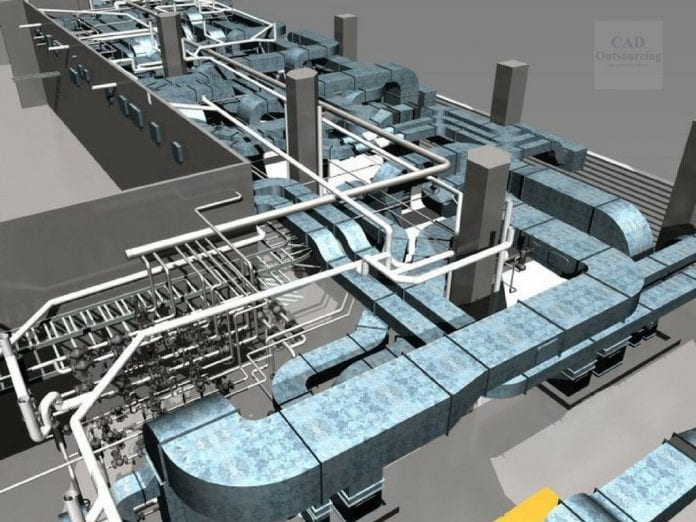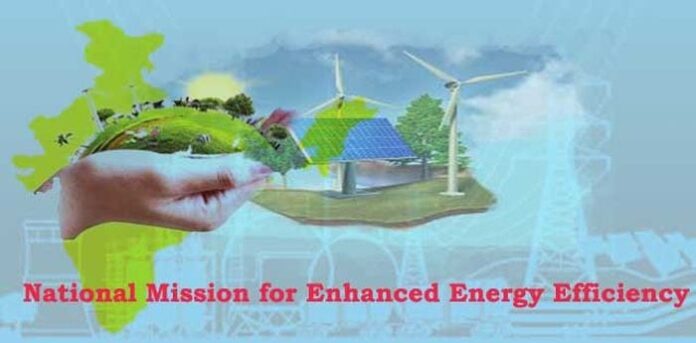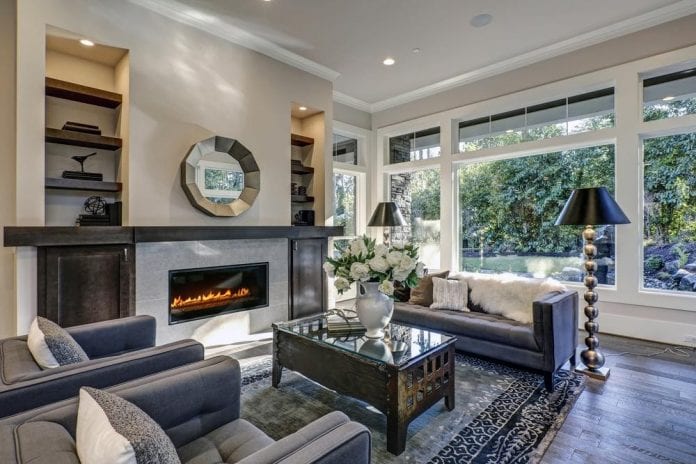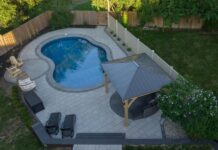One of the most important benefits of energy-efficient homes is that they reduce the carbon footprint of the house and make the interior as a whole more healthy and more comfortable for those living there.
There have been many studies in the United States that have evaluated energy efficiency in homes and its effects on the quality of indoor air and the health of occupants. There is also substantial evidence that energy-efficient design improves the health of residents. Generally they:

- Feel healthier
- Have fewer respiratory problems than those who live in homes that are not energy efficient
- Experience fewer headaches
With this in mind, the U.S. Department of Energy’s Building Technologies Office developed a report, Home Rx: The Health Benefits of Home Performance – A Review of the Current Evidence, that was published in December 2016. Distributed by the Department of Energy (DOE), it addressed two primary questions:
- The expected effects on occupant health and indoor environmental conditions resulting from energy-efficient or “home performance” upgrades.
- How indoor environmental conditions can affect the health of occupants.
Home Performance Upgrades
In the context of the Home Rx report, home performance upgrades are defined as part of a systematic approach that aims to improve the health, comfort, energy efficiency, safety, and durability of homes. Work that might be carried out includes that supported by many government utilities including the DOE:
- Weatherization Assistance Program that covers insulation, air sealing, ensuring heating and cooling systems are functioning properly, lighting, and ventilation.
- Home Performance with ENERGY STAR and green renovations that cover moisture control, ventilation upgrades, replacement of windows to make them more energy- efficient, and repairs to reduce allergens.
These upgrades would be undertaken by contractors and might include the involvement of professionals including those offering HVAC engineering services, like NY Engineers.

Health Benefits of Home Performance Report
The Home Rx report is essentially an analysis of 40 published reports and peer-reviewed articles categorized as:
- Base energy efficiency that includes at least two of these three activities – air sealing, insulation, and heating improvements or upgrades.
- Enhanced energy efficiency that includes the activities mentioned above as well as work that addresses ventilation, moisture, or other related issues.
- Green renovation and construction that include energy-efficiency as a core component as well as enhanced ventilation, resilient flooring options, the use of products containing low volatile organic compounds (VOCs), and policies making use of integrated pest management and no-smoking policies.
- Ventilation that focuses on alternative strategies like exhaust only and heat recovery ventilators to isolate the impact of ventilation on the health of occupants.
- Potential supplementary home performance services aimed to improve indoor quality using:
- Equipment for stand-alone in-room air filtration
- Gas-to-electric stove replacements
- Wood stove upgrades to make them cleaner burning
Health-Related Outcomes
The health-related outcomes indicate that energy efficiency measures can – and did – have a remarkable effect on the health of occupants.
- Base energy efficiency upgrades, including those carried out under the DOE Weatherization Assistance Program, were found to improve and create healthier living environments. Specific health-related outcomes included:
-
- A general improvement in health
- A reduction in asthma symptoms
- Fewer cases of hypertension and upper-respiratory risks
There were also some improvements relating to contaminants that affected the quality of indoor air. Also, a New Zealand study revealed that there had been significant healthcare savings when energy upgrades were carried out in homes that had previously not been insulated.
- Enhanced energy efficiency upgrades were found to reduce contaminants of indoor air that were linked to chronic illness as well the control of environmental contaminants like mold, moisture, and dust mites that so often trigger respiratory symptoms including asthma. As a result, these upgrades were found to improve respiratory health conditions in general.

Additionally, the results of studies that examined enhanced energy efficiency showed that the reduction in indoor air pollution improved fatigue and blood pressure of occupants. One small U.S. study that involved low-income participants indicated a reduction in healthcare costs.
- Green renovation and construction research showed how beneficial home performance and energy-efficiency practices can be, particularly when coupled with other forms of home renovation and building. There were multiple examples of a reduction in indoor air pollutants as well as other conditions that tend to trigger asthma, like mold and pests, leading to a general reduction in the symptoms of asthma. Four of the studies documented reductions in the utilization of healthcare.
- Ventilation strategies resulted in positive health benefits, particularly when whole-house ventilation was combined with positive home performance measures. Results included a reduction in or of:
- Indoor air quality contaminants linked with respiratory risks and chronic illness
- Respiratory risks for those suffering from asthma
- Allergens
- Home performance services and stand-alone upgrades also improved the health of occupants and helped to lessen respiratory risks by reducing contaminants in the air, including fine particulate matter and gaseous nitrogen dioxide so often found in areas where there is high motor vehicle traffic.
Services and upgrades included:
- The provision of in-room high-efficiency particulate air (HEPA) cleaners
- Replacing gas stoves with electric appliances
- Upgrading old wood stoves with cleaner-burning models
Need for Additional Research
The authors of the report concluded that there is a need for substantially more research to be undertaken, they recommended that information in the report be used to develop communication tools that could be used to educate consumers about energy-efficiency and health. While they didn’t claim there were any guarantees that energy efficiency would improve the health of those living in homes where improvements were made, there was indisputable evidence that health benefits were “real and valuable.”
Ultimately, there is no doubt that if energy-efficiency projects are undertaken correctly, they will improve the indoor environment of homes and it is more than likely that occupant health will improve.
You can check this website, if you are looking for an energy-efficient lighting upgrade.










